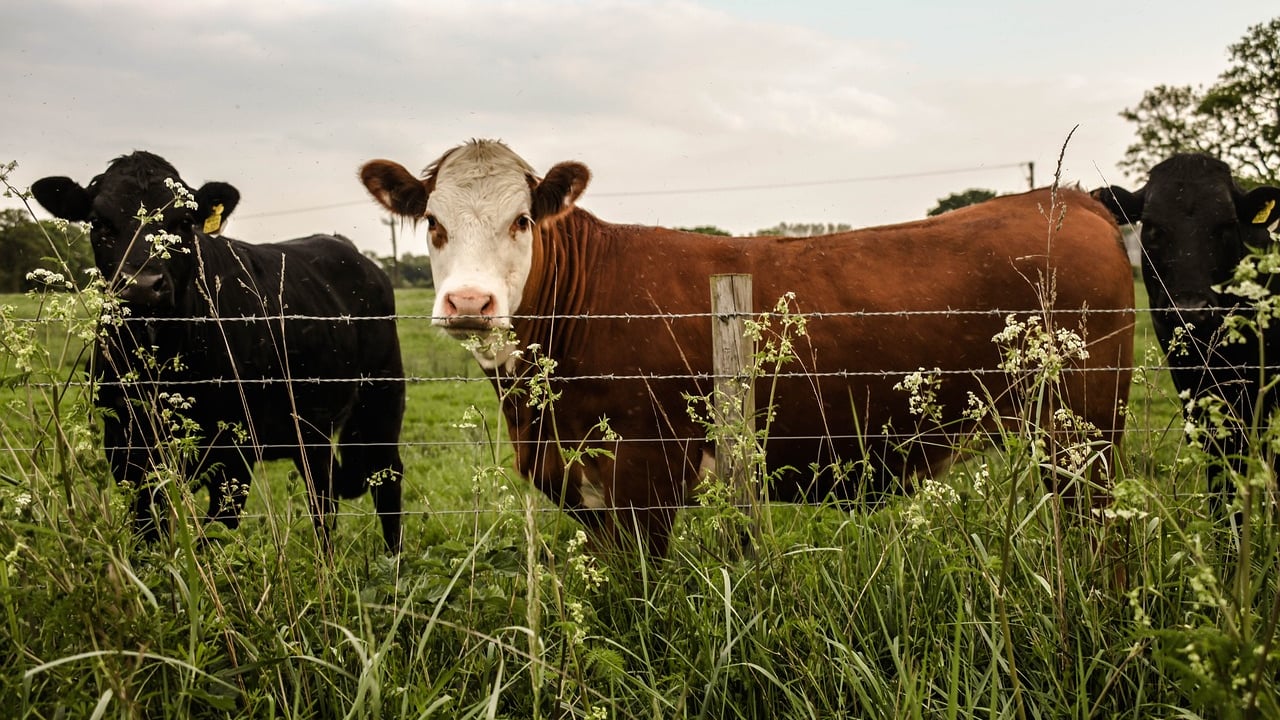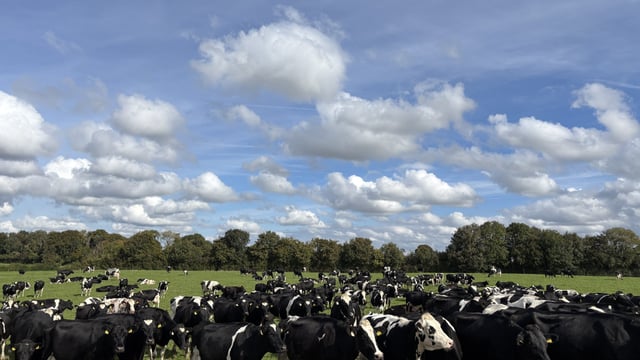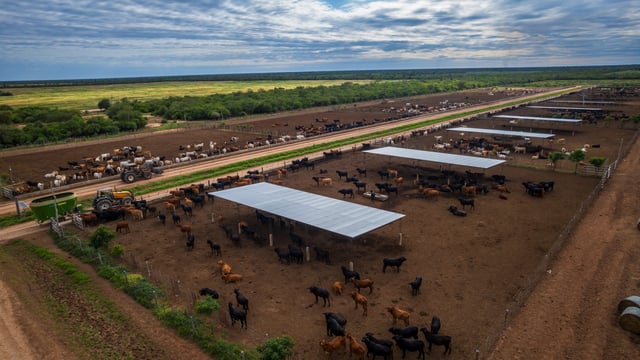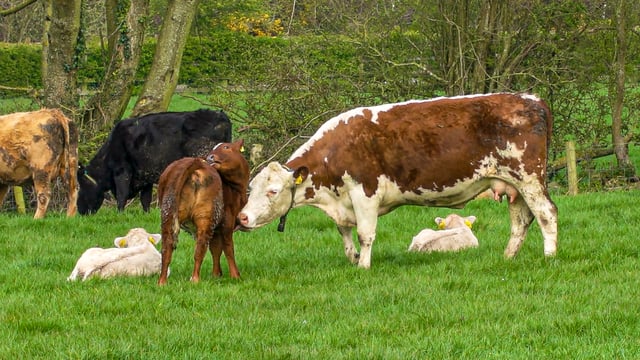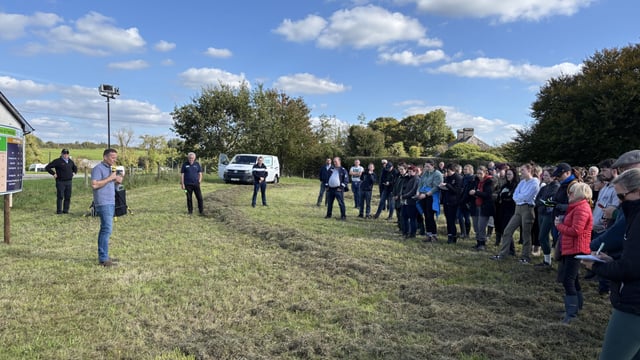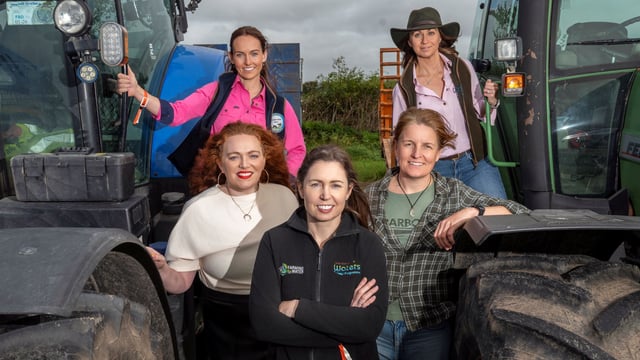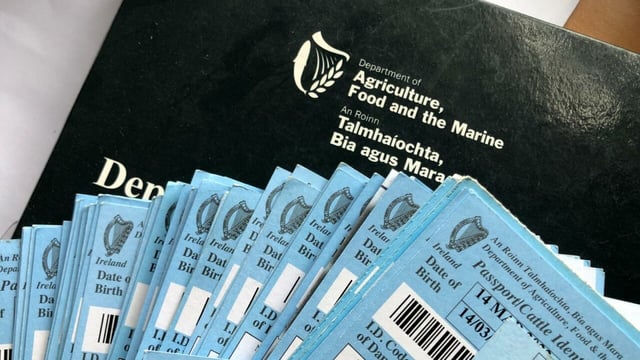Bluetongue confirmed on two premises in Wales
Bluetongue virus (BTV) serotype 3 has been confirmed on two premises in Wales, the country's devolved government has said.
The Welsh Government confirmed that bluetongue serotype 3 has been identified at one premises in Monmouthshire and another in Powys.
Both of these areas border England, where there are ongoing outbreaks of bluetongue.
These are the first cases in Wales in about a year.
The Welsh government did not specify in which species of animals the cases were confirmed.
In a statement to Agriland, a spokesperson for the Welsh Government said: "We’ve been working hard to keep bluetongue out of Wales and it’s been nearly a year since our last confirmed case. We are keeping our bluetongue policy under regular review based on emerging evidence.
"We urge livestock keepers to continue to be vigilant, follow stringent biosecurity measures and to practice safe sourcing of livestock," the spokesperson added.
Farmers in Wales are being asked to speak with their vets about bluetongue, including about vaccination, and to report suspected cases to the UK's Animal and Plant Health Agency (APHA).
Bluetongue is a exotic viral disease caused by bluetongue virus (BTV) which can cause severe clinical signs in ruminant species, such as cattle, sheep and goats, along with camelids.
The virus, which does not pose a risk to human health or food safety, is primarily spread by the bite of infected midges, which are more active in warmer months.
Bluetongue
Last month, farmers in Northern Ireland were urged to seek professional veterinary advice before administering a bluetongue vaccine.
The Department of Agriculture, Environment and Rural Affairs (DAERA) has permitted the voluntary use of three bluetongue serotype 3 (BTV-3) vaccines in Northern Ireland, subject to licensing.
The Democratic Unionist Party (DUP) agricultural spokesperson, Carla Lockhart, said that while the decision to allow the use of BTV-3 vaccines will give flock keepers and herd owners an additional safeguard against the disease, it was important to note that the medicine will not prevent infection or transmission.
"Vaccination does have a role in managing disease severity... I would strongly advise farmers to seek expert advice from their private vet," Lockhart said.

